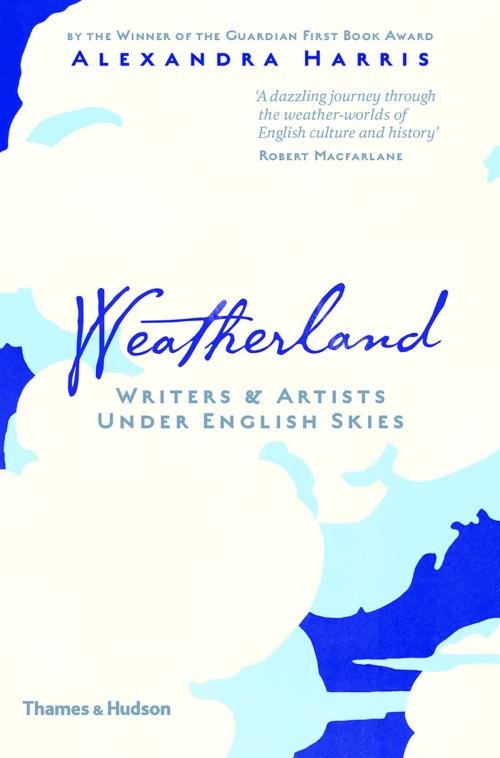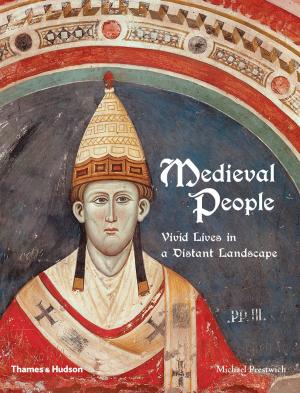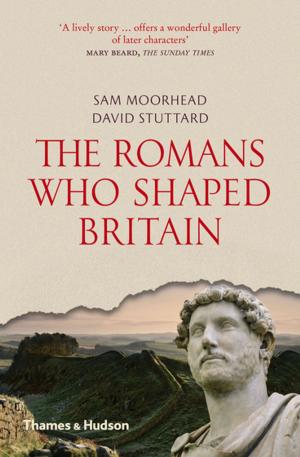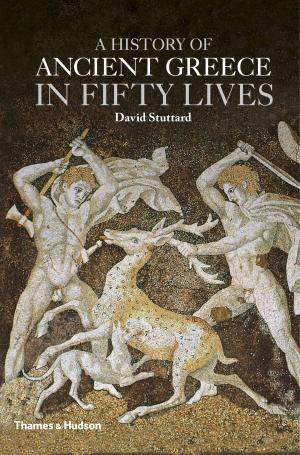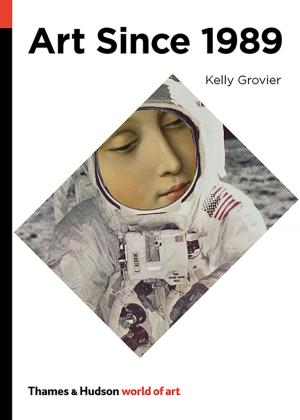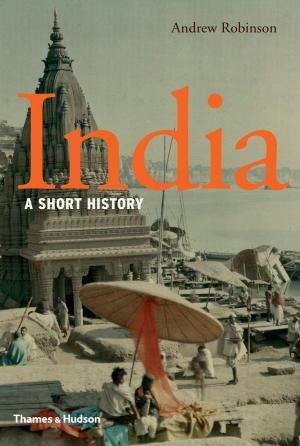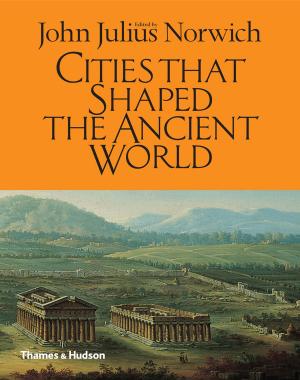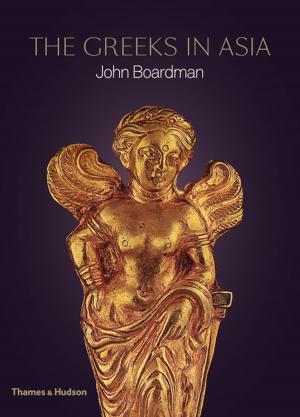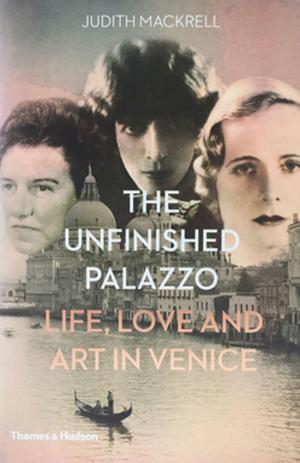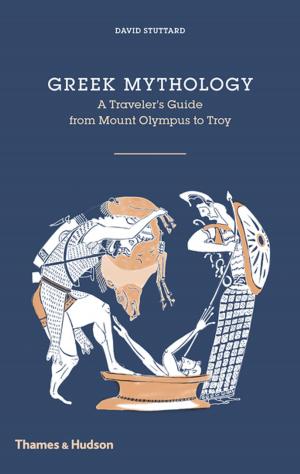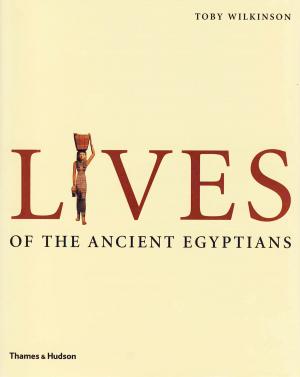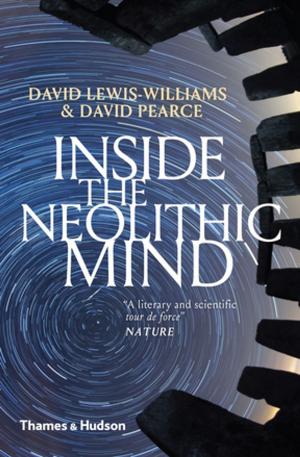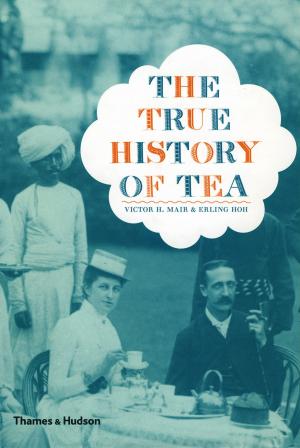Weatherland: Writers & Artists Under English Skies
Fiction & Literature, Literary Theory & Criticism, British, Nonfiction, History| Author: | Alexandra Harris | ISBN: | 9780500773185 |
| Publisher: | Thames & Hudson | Publication: | February 16, 2016 |
| Imprint: | Thames & Hudson | Language: | English |
| Author: | Alexandra Harris |
| ISBN: | 9780500773185 |
| Publisher: | Thames & Hudson |
| Publication: | February 16, 2016 |
| Imprint: | Thames & Hudson |
| Language: | English |
A lively look at the English literary and artistic responses to the weather from Chaucer and Shakespeare to Keats and Ian McEwan
In a sweeping panorama, Weatherland allows us to witness England’s cultural climates across the centuries. Before the Norman Conquest, Anglo-Saxons living in a wintry world wrote about the coldness of exile or the shelters they had to defend against enemies outside. The Middle Ages brought the warmth of spring; the new lyrics were sung in praise of blossoms and cuckoos. Descriptions of a rainy night are rare before 1700, but by the end of the eighteenth century the Romantics had adopted the squall as a fit subject for their most probing thoughts.
The weather is vast and yet we experience it intimately, and Alexandra Harris builds her remarkable story from small evocative details. There is the drawing of a twelfth-century man in February, warming bare toes by the fire. There is the tiny glass left behind from the Frost Fair of 1684, and the Sunspan house in Angmering that embodies the bright ambitions of the 1930s. Harris catches the distinct voices of compelling individuals. “Bloody cold,” says Jonathan Swift in the “slobbery” January of 1713. Percy Shelley wants to become a cloud and John Ruskin wants to bottle one. Weatherland is a celebration of English air and a life story of those who have lived in it.
A lively look at the English literary and artistic responses to the weather from Chaucer and Shakespeare to Keats and Ian McEwan
In a sweeping panorama, Weatherland allows us to witness England’s cultural climates across the centuries. Before the Norman Conquest, Anglo-Saxons living in a wintry world wrote about the coldness of exile or the shelters they had to defend against enemies outside. The Middle Ages brought the warmth of spring; the new lyrics were sung in praise of blossoms and cuckoos. Descriptions of a rainy night are rare before 1700, but by the end of the eighteenth century the Romantics had adopted the squall as a fit subject for their most probing thoughts.
The weather is vast and yet we experience it intimately, and Alexandra Harris builds her remarkable story from small evocative details. There is the drawing of a twelfth-century man in February, warming bare toes by the fire. There is the tiny glass left behind from the Frost Fair of 1684, and the Sunspan house in Angmering that embodies the bright ambitions of the 1930s. Harris catches the distinct voices of compelling individuals. “Bloody cold,” says Jonathan Swift in the “slobbery” January of 1713. Percy Shelley wants to become a cloud and John Ruskin wants to bottle one. Weatherland is a celebration of English air and a life story of those who have lived in it.
